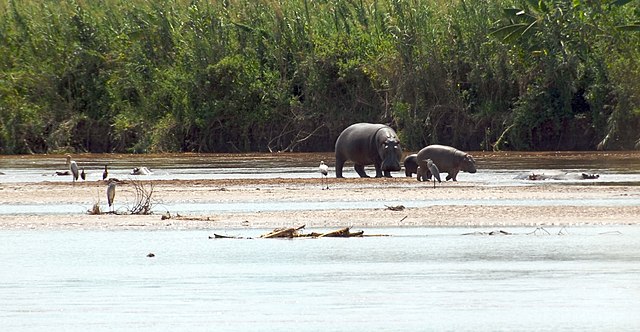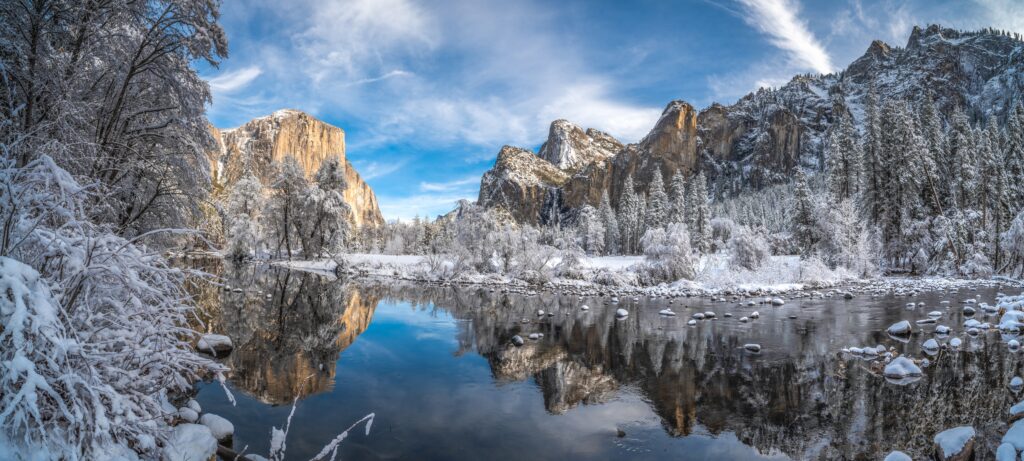
Nestled in the breathtaking landscapes of Rwanda, Rusizi National Park is a hidden treasure that offers an extraordinary experience for nature lovers, wildlife enthusiasts, and adventurers alike. Spanning over 1,500 hectares, the park is situated along the shores of Lake Tanganyika, the second-deepest lake in the world. Known for its rich biodiversity and stunning scenery, Rusizi National Park is not only a sanctuary for various wildlife species but also a vital ecosystem that plays a crucial role in the local environment and community.
In this blog post, we will explore the park’s unique features, its diverse wildlife, activities for visitors, conservation efforts, and why Rusizi National Park should be on your travel bucket list.
A Brief Overview of Rusizi National Park
Rusizi National Park was established in 2005 and is part of the larger Rusizi Wetlands ecosystem. The park is characterized by its lush greenery, wetlands, and diverse habitats, including riverine forests, marshlands, and open savannahs. The region is home to a variety of flora and fauna, many of which are endemic to the area.
Location and Accessibility
The park is located in the Rusizi District in the western part of Rwanda, approximately 120 kilometers from the capital city, Kigali. Visitors can access the park via road, with well-maintained routes connecting major cities. The nearest town, Cyangugu, serves as a convenient base for those looking to explore the park.
Unique Flora and Fauna
Rich Biodiversity
Rusizi National Park is renowned for its rich biodiversity, making it a crucial area for conservation. The park is home to over 100 bird species, including both migratory and resident birds. Birdwatchers will be delighted by the opportunity to spot rare species like the Great White Egret, African Fish Eagle, and the stunning Malachite Kingfisher.
In addition to avian life, the park hosts various mammals, reptiles, and amphibians. Among the notable species are:
- Buffalos: The park is home to a small population of African buffalos that can often be spotted grazing near the wetlands.
- Crocodiles: The waters of Lake Tanganyika are inhabited by Nile crocodiles, which can be seen basking on the shores or swimming in the lake.
- Monkeys: Several primate species, including the Vervet monkey, can be found in the park’s forests, providing an exciting experience for wildlife observers.
Unique Vegetation
The park’s varied ecosystems support an impressive array of plant life. From the towering trees of the riverine forests to the vibrant water lilies of the wetlands, the flora here is both diverse and beautiful. Some notable plant species include:
- Papyrus: Common in the wetlands, this plant is essential for maintaining the ecosystem’s health.
- Mangroves: Along the shores of Lake Tanganyika, mangrove trees play a critical role in protecting the coastline and supporting marine life.
Activities for Visitors
Rusizi National Park offers a variety of activities that allow visitors to immerse themselves in its natural beauty and wildlife. Here are some of the top activities to enjoy:
Birdwatching
With its rich birdlife, Rusizi National Park is a paradise for birdwatchers. Guided birdwatching tours can be arranged, providing opportunities to see both common and rare species in their natural habitats. Early morning is often the best time to catch the birds in action.
Boat Tours
Exploring Lake Tanganyika by boat offers a unique perspective on the park’s wildlife and stunning landscapes. Boat tours provide the chance to see crocodiles, hippos, and various bird species from the water, making for an unforgettable experience.
Nature Walks
Guided nature walks through the park allow visitors to connect with the environment more intimately. Knowledgeable guides can share insights about the flora, fauna, and ecological significance of the area while leading you through the diverse ecosystems.
Cultural Experiences
Engaging with the local communities near Rusizi National Park provides visitors with a deeper understanding of Rwandan culture and traditions. Visitors can participate in community-led initiatives, learn about traditional crafts, and taste local cuisine.
Conservation Efforts
Importance of Conservation
The conservation of Rusizi National Park is vital not only for preserving biodiversity but also for supporting the livelihoods of local communities. The park provides ecosystem services such as water purification, flood control, and habitat for fish, which are essential for the local economy.
Community Involvement
Local communities play a crucial role in the conservation efforts of Rusizi National Park. By involving community members in park management and decision-making, authorities can foster a sense of ownership and responsibility for the environment. Community-based tourism initiatives also help to provide alternative income sources, reducing dependence on unsustainable practices.
Research and Education
Research plays a significant role in understanding the park’s ecosystems and informing conservation strategies. Collaborations with universities and environmental organizations help to monitor wildlife populations and assess the health of habitats. Educational programs aimed at local communities raise awareness about the importance of biodiversity and sustainable practices.
The Best Time to Visit
Climate and Weather
Rusizi National Park enjoys a temperate climate, characterized by two main seasons: the dry season and the wet season. The dry season, from June to September, is considered the best time to visit, as wildlife is more easily spotted, and the weather is generally sunny and dry.
The wet season, from October to May, brings lush vegetation and vibrant wildlife activity, although it may be more challenging to navigate certain areas due to rain. However, this season offers excellent birdwatching opportunities, as migratory birds arrive.
Accommodations and Amenities
Visitors to Rusizi National Park can find a range of accommodations to suit different budgets and preferences. Options include:
- Camping: For the adventurous traveler, camping in designated areas allows for a more immersive experience in nature.
- Lodges and Hotels: Several lodges and hotels near the park provide comfortable accommodations with stunning views of Lake Tanganyika.
- Guesthouses: Local guesthouses offer a cozy atmosphere and the chance to connect with Rwandan culture.
Facilities
The park is equipped with basic facilities to ensure a comfortable visit. These include visitor information centers, picnic areas, and restrooms. Guided tours and transportation services can also be arranged through local operators.
Conclusion
Rusizi National Park is a remarkable destination that embodies the natural beauty and biodiversity of Rwanda. From its stunning landscapes to its diverse wildlife, the park offers an unparalleled experience for visitors seeking adventure and connection with nature.
Whether you are a birdwatcher, a wildlife enthusiast, or simply looking to escape the hustle and bustle of everyday life, Rusizi National Park has something to offer everyone. By visiting and supporting conservation efforts, travelers can help protect this precious ecosystem for future generations.
As you plan your next adventure, consider adding Rusizi National Park to your itinerary—a place where nature and culture intertwine, leaving lasting memories and a profound appreciation for the wonders of the natural world.
